With the spirit of urgent action, affirming the pioneering role of the legislative body in perfecting institutions, just over 10 days after the Politburo issued Resolution No. 68-NQ/TW on private economic development, the National Assembly officially passed Resolution No. 198/2025/QH15 on a number of special mechanisms and policies for private economic development, turning policies into solutions and specific actions, opening up new development space for the private economic sector, while creating a transparent, equal and dynamic investment environment.
Strong institutional advances for the private economy are expected to become an important driving force to promote rapid and sustainable economic growth in the coming period.
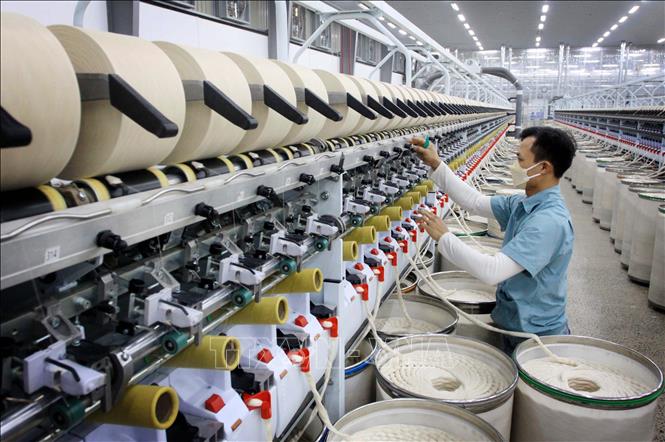
Reduce the burden on businesses
Resolution No. 68-NQ/TW on private economic development (Resolution 68) was issued with the view that "the private economy is the most important driving force of the national economy, the pioneering force promoting growth, creating jobs, improving labor productivity and national competitiveness", creating a new momentum, adding confidence to the business community and entrepreneurs.
In particular, the new policy is being implemented in the context of reforming the apparatus and streamlining administrative units, which will create a resonance to promote the spirit of innovation and daring to think and do of the private economic sector.
With more than 20 years of experience in business management, Mr. Lu Nguyen Xuan Vu, Chairman of the Saigon Entrepreneurs Club, General Director of Xuan Nguyen Group, said that Resolution 68 is only a policy, reflecting a change in thinking and perspective towards the private economy. Actual business operations always give rise to many problems. While small businesses and newly established businesses are always concerned about the burden of taxes and fees, large businesses need a safe and stable investment environment. In other words, each different group of businesses has different challenges and needs "tailored" policies to solve each specific problem.
Not letting the business community wait long, at the 9th session of the 15th National Assembly - a historic session paving the way for institutional revolution, Resolution No. 198/2025/QH15 on a number of special mechanisms and policies for private economic development (Resolution 198) was issued immediately afterwards, with a series of special tax and fee exemption and reduction policies for innovative start-ups, small and medium-sized enterprises, venture capital funds, etc.
Specifically, innovative start-ups are exempted from corporate income tax for the first two years and receive a 50% reduction in the next four years. Regarding financial support, Resolution 198 stipulates a 2% annual interest rate support for green, circular, and environmentally friendly business projects. In particular, research and development (R&D) costs are deducted 200% when calculating corporate income tax, allowing businesses to proactively invest in technological innovation without worrying about tax burdens.
Resolution 198 also clearly demonstrates the determination to thoroughly reform administration when it stipulates that the number of times to inspect and examine enterprises is once a year (except in cases with clear signs of violations); at the same time, it encourages management agencies to switch from pre-inspection to post-inspection, using digital technology in supervision instead of traditional administrative measures. State agencies are responsible for publicly announcing the conclusions of inspections and examinations and are responsible for any inconvenience or harassment to enterprises. This is a significant step forward in building a transparent, fair, enterprise-centered investment environment to serve.
This content is highly appreciated by the business community. Specific regulations on the number of inspections and checks help minimize legal risks and unofficial costs for businesses, especially newly established small businesses.
“Previously, each year, businesses could not predict the number of inspections and checks from regular to unexpected. Each inspection team inspected one field, each inspection period inspected one type of license. And each time, businesses had to spend months preparing documents and papers as required, while during that time, businesses needed to focus on finding customers and markets to increase revenue and ensure jobs for workers. Clear regulations on inspections and checks help businesses comply with the law, relieve psychological burdens and operate with peace of mind,” a business representative shared.
Regarding the issue of land access, Mr. Vo Son Dien, Marketing Executive Director of Becamex IDC Corporation, former Chairman of the Young Entrepreneurs Association of Binh Duong province, analyzed: For a long time, small businesses often built scattered factories, interspersed in urban and residential areas. However, the current orientation of localities is to move factories out of residential areas, focusing on well-planned industrial parks. This is the right direction, in line with development requirements, to ensure synchronization as well as thoroughly handle environmental issues. However, in reality, it is very difficult for micro-sized enterprises and newly established enterprises to access land funds of industrial parks, due to the difference between usage needs and zoning design of industrial parks.
To resolve the above shortcomings, Resolution 198 offers a very specific solution, prioritizing at least 5% or 20 hectares of area in industrial parks, high-tech parks, incubators, etc. for small and medium-sized enterprises, innovative startups to rent at preferential prices; at the same time, enterprises can also access unused public assets through the form of sub-leasing. With the current clear mechanism, all business groups have support policies suitable to actual needs. In addition to creating conditions for access to land and finance; small enterprises and business households also need to be trained to build professional and effective management strategies to grow stronger.
Expanding development space
Opening the door for private enterprises to participate in public projects is also seen as a way to create new momentum and development space for enterprises. Mr. Tran Viet Anh, Vice President of the Ho Chi Minh City Business Association, General Director of Nam Thai Son Corporation, expressed his perspective: New private economic policies that have been issued and implemented resolutely have added strength and confidence to the business community. Typically, Vingroup Corporation proactively proposed to participate in the North-South Expressway project, Hoa Phat Group established a company specializing in supplying steel for rails for railway projects... showing that, as long as there is a suitable mechanism, enterprises are ready to break through.
However, it is also necessary to recognize the reality that the number of enterprises with available resources to invest is not much, the majority of private enterprises in our country are still small and micro-sized. Therefore, there needs to be separate support solutions for each different group of enterprises through expanding development space, markets and increasing access to resources.
Dr. Tran Du Lich, former Director of the Ho Chi Minh City Institute of Economics, informed that one of the concerns of policymakers is how to implement the ordering and encourage the private sector to participate with the State in strategic and key areas, to both create conditions for business development and ensure effective management, limit risks and losses. This issue has been institutionalized very specifically in Resolution 198 of the National Assembly, on the basis of Resolution 68 of the Politburo, with a very high determination to implement, not just stopping at empty discussion.
According to Dr. Tran Du Lich, when large private enterprises participate in key national projects, it is necessary to have conditions to spread and attract small enterprises to develop together. If large enterprises and corporations are encouraged to participate in trillion-dollar projects, Resolution 198 also has a mechanism to prioritize private enterprises, especially small and medium-sized enterprises, to participate in bidding for public contracts worth less than 20 billion VND. In addition, it also proposes a pilot mechanism to order domestic enterprises to carry out innovation projects, thereby forming a force of pioneering enterprises in the field of technology, capable of creating "Make in Vietnam" products that can reach out to the world. This contributes to creating a fair playing field, reducing monopoly and creating conditions for domestic enterprises to improve their competitiveness, gradually participating more deeply in global supply chains.
Ms. Ly Kim Chi, President of the Ho Chi Minh City Food and Foodstuff Association, said: The management mindset of "if you can't manage it, then ban it" for a long time is the biggest obstacle, causing difficulties for businesses in the process of enforcing the law and developing production and business. Currently, the whole country has hundreds of thousands of business households that are completely capable of transforming into official enterprises, when they have appropriate support in terms of mechanisms, tax and accounting policies...
With the spirit of substantial, synchronous and future-oriented reform, the decisions on the private economy are creating a new breeze for the investment and business environment in Vietnam. If Resolution 68 is considered a "revolution" in ideology, Resolution 198 with a clear action plan and specific, quantified goals is an urgent solution to create a real change in creating an open and favorable investment and business environment for enterprises.
However, the effectiveness of the Resolution depends largely on the determination of all levels and sectors, especially the implementation at the grassroots level, where policies are turned into practical driving forces.
The creative mindset, considering businesses as equal partners in the country’s development process, must also be thoroughly implemented synchronously from the central to local levels, from policy makers to policy implementers. Because if “hot above, cold below”, the central government is urgent but the grassroots are still slow, it cannot create any significant breakthrough for the country.
Source: https://kontumtv.vn/tin-tuc/kinh-te/ky-vong-su-cong-huong-tu-cac-quyet-sach-dot-pha


![[Photo] Prime Minister Pham Minh Chinh meets with representatives of outstanding teachers](https://vphoto.vietnam.vn/thumb/1200x675/vietnam/resource/IMAGE/2025/11/15/1763215934276_dsc-0578-jpg.webp)
![[Photo] Panorama of the 2025 Community Action Awards Final Round](https://vphoto.vietnam.vn/thumb/1200x675/vietnam/resource/IMAGE/2025/11/15/1763206932975_chi-7868-jpg.webp)

![[Photo] General Secretary To Lam receives Vice President of Luxshare-ICT Group (China)](https://vphoto.vietnam.vn/thumb/1200x675/vietnam/resource/IMAGE/2025/11/15/1763211137119_a1-bnd-7809-8939-jpg.webp)




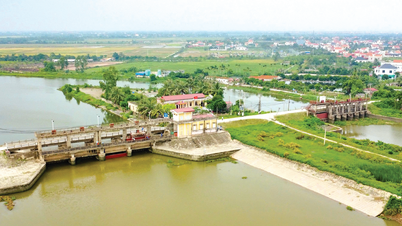

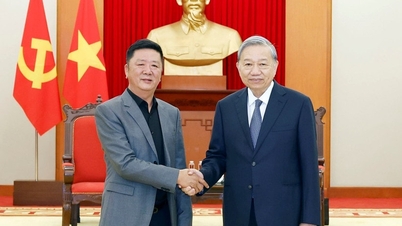
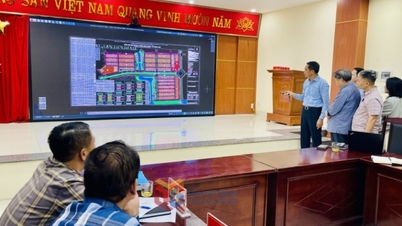

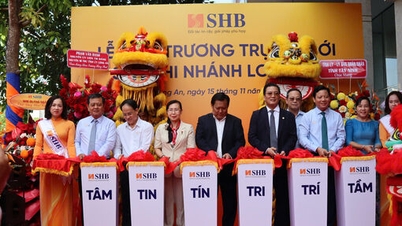

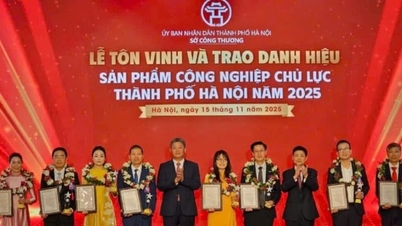





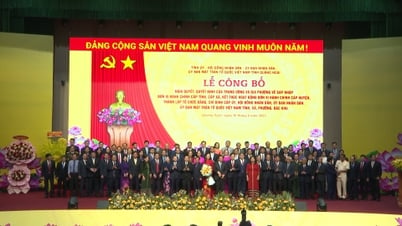
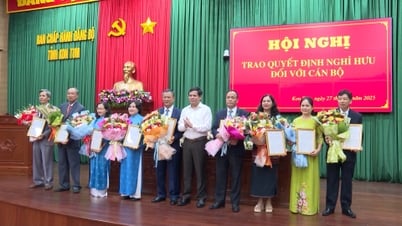
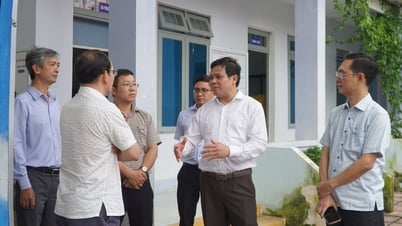
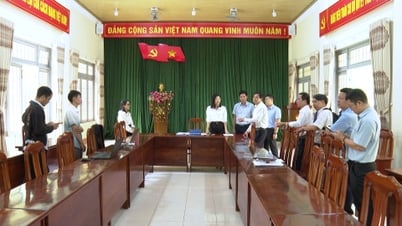
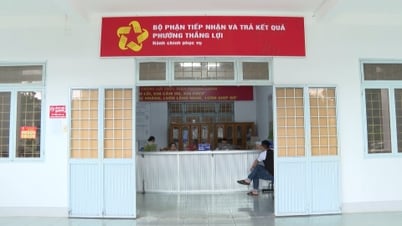
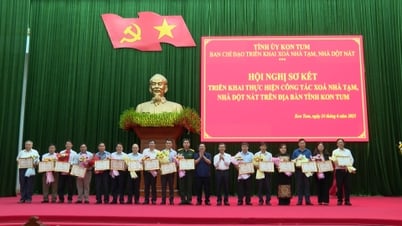




































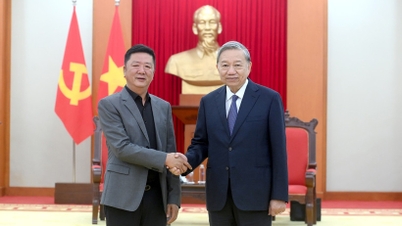







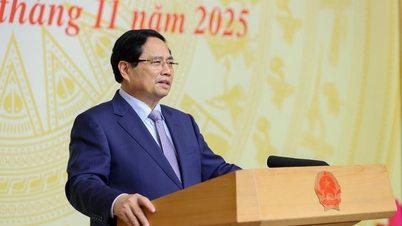
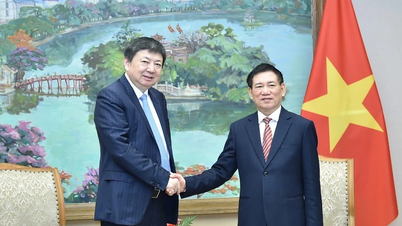





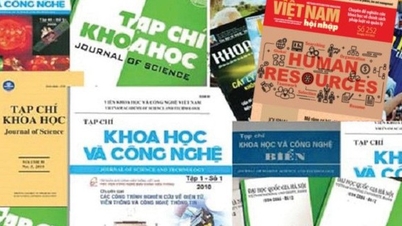
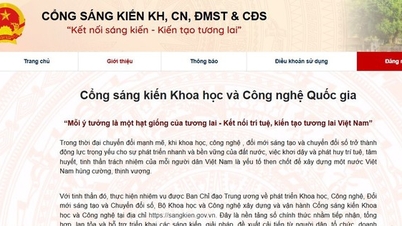




















Comment (0)